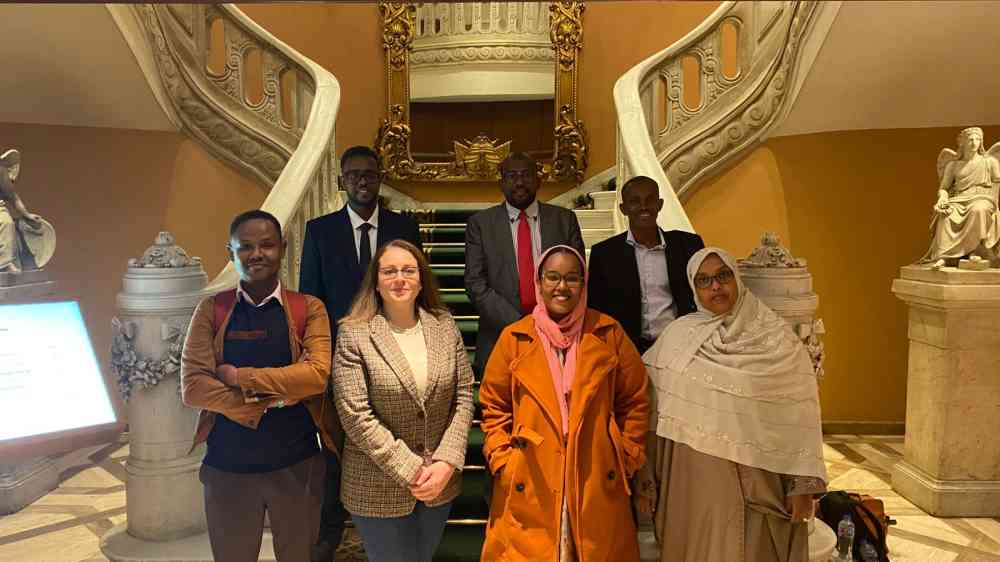
Organized by the United Nations Office for Disaster Risk Reduction, Regional Office for Arab States, in collaboration with the Ministry of Interior, Djibouti, the workshop brought together a specialized drafting committee established by the General Secretariat for Disaster Risk Management within Djibouti’s Ministry of Interior. The committee, composed of key national stakeholders and technical experts, refined and finalized the strategy following a series of national consultations concluded in December 2024.
Djibouti has long faced significant challenges due to climate-related hazards, including droughts, floods, and extreme weather events. Recognizing the urgency of integrating climate adaptation and disaster risk reduction, the Djiboutian government, with support from UNDRR and partners, has been working towards developing a comprehensive national strategy to mitigate risks and build resilience.
This new Climate-informed DRR Strategy and its Action Plan align well with the Sendai Framework for Disaster Risk Reduction 2015-2030, emphasizing inclusive and participatory approaches, long-term investment in resilience, and enhanced multi-stakeholder coordination. It aims to improve risk governance, strengthen early warning systems, and integrate disaster risk considerations into national development and climate change adaptation planning.
Over three intensive days, workshop participants reviewed and refined key components of the strategy, focusing on governance mechanisms, risk profiles, institutional frameworks, and priority action areas. Working sessions included discussions on policy coherence between disaster risk reduction and climate adaptation, implementation mechanisms, and monitoring and evaluation frameworks.
During the writing workshop, participants indulged in in-depth technical discussions to refine the draft strategy and detailed action plan matrix to ensure alignment with national priorities and international commitments such as the 2030 Agenda for Sustainable Development and the Paris Agreement on Climate Change.
Next steps: Political validation and implementation
The final version of the National Climate-informed DRR Strategy and its Action Plan will be presented to the Djiboutian government during a high-level political validation workshop scheduled for April 2025. This next phase will seek official endorsement and commitment to implementing the strategy across key sectors, ensuring institutional coordination and sustainable investment in disaster resilience.


